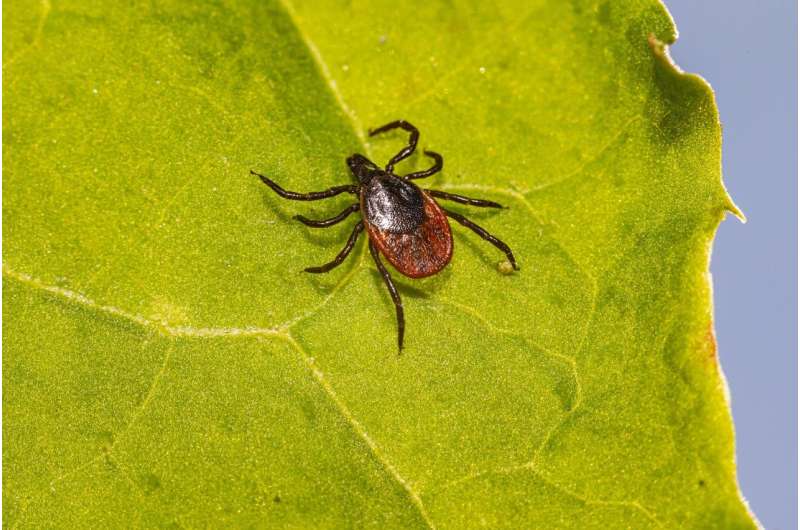New COVID-19 Vaccine Candidate Demonstrates Robust Defense Against Multiple Variants

Researchers develop a new COVID-19 vaccine candidate demonstrating broad and durable protection against multiple coronavirus variants, including Omicron XBB.1.5 and SARS-CoV-1. Published in npj Vaccines, the study highlights promising advances in vaccine design for future-proof immunity.
A promising new COVID-19 vaccine developed by researchers at the Centenary Institute and the University of Sydney has shown significant potential to offer protection against both existing and emerging coronavirus variants. This innovative vaccine, called CoVEXS5, employs a unique approach by targeting shared features among various coronaviruses, aiming to provide broader and more durable immunity against the virus as it continues to mutate.
Published in npj Vaccines, the study reports that CoVEXS5 effectively protected mice from multiple strains, including the highly immune-evasive Omicron XBB.1.5 subvariant and SARS-CoV-1, the virus responsible for the 2002-2004 SARS outbreak. Laboratory tests revealed an impressive reduction of about 99.9% in lung virus levels in vaccinated mice compared to unvaccinated controls, highlighting the vaccine's strong protective capacity.
The vaccine stimulates the immune system by inducing high levels of virus-neutralizing antibodies and activating lung-resident T-cells, essential components in respiratory virus defense. Its design incorporates a fusion of protein elements from several coronaviruses into a single structure, enabling the immune system to recognize and respond to a wider array of virus types.
"By combining parts of multiple coronaviruses, we've created a vaccine that better prepares the body to fight both current and future threats," explained Dr. Claudio Counoupas, co-lead author of the study.
Furthermore, CoVEXS5 features Sepivac SWE, an open-access adjuvant that enhances immune responses and facilitates manufacturing and global distribution. This open-access status ensures that vaccine production can be scaled worldwide without licensing barriers or high costs, promoting vaccine equity especially in low- and middle-income countries.
Elizabeth Chan, a Ph.D. student involved in the research, emphasized the potential of this next-generation vaccine, stating that the broad immune response observed could help anticipate and combat future viral evolution. The team is now focused on advancing CoVEXS5 through further development and testing.
As Australia continues to experience COVID-19 cases during winter, driven by Omicron subvariants, this research offers hope for more resilient vaccine strategies. The continued evolution of the virus underscores the importance of vaccines capable of providing broad and lasting immunity.
Source: [https://medicalxpress.com/news/2025-07-covid-vaccine-candidate-strong-multiple.html]
Stay Updated with Mia's Feed
Get the latest health & wellness insights delivered straight to your inbox.
Related Articles
Understanding the Long-Term Symptoms of Lyme Disease
Learn about the persistent symptoms of Lyme disease, how it spreads, and effective prevention strategies to protect yourself from this tick-borne illness.
Natural Plant Compound Shows Promise in Combating Periodontal Disease
Discover how a natural plant-derived compound, morin, shows promising antimicrobial and anti-inflammatory effects that could revolutionize periodontal disease treatment, offering a non-invasive, cost-effective alternative to antibiotics.
Study Highlights Surfers' Vital Role in Enhancing Beach Safety in Victoria
Research reveals that Victorian surfers are key contributors to beach safety, providing thousands of rescues and first aid assistance annually, emphasizing the need for increased safety training.
Understanding the Impact of Fungal Infections on Lung and Gut Microbiomes
New research reveals how mold infections like Aspergillus fumigatus disrupt lung and gut microbiomes, influencing disease progression and treatment strategies. Explore the interconnected effects of fungi on microbial balance and systemic health.



